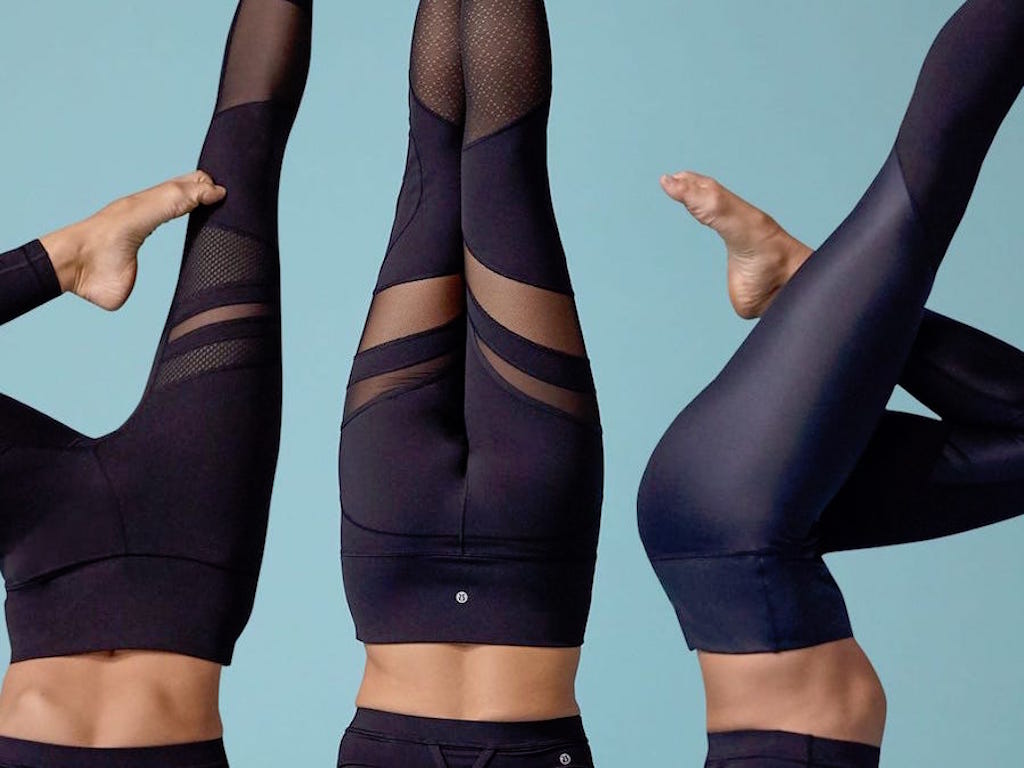The Human Cost Of Fashion: Lululemon Factory Workers Beaten & Assaulted According To Guardian Investigation
4 Mins Read
An investigation by the Guardian has revealed that popular upmarket athleisure brand Lululemon are sourcing clothing from a Bangladesh factory where female workers are being beaten and physically assaulted. The Canadian brand has garnered a cult following in the past decade alongside the yoga-centric health and wellness boom, with celebrities donning their leggings and market demand driving the company’s global expansion to locations all over the world. As shocking as the news from this investigation may appear, these headlines are indicative of a broader, commonly neglected phenomenon in the conversation about fashion sustainability: whereby too many female factory workers – most of whom are from developing Asian countries – manufacture clothing in shocking conditions that can include daily physical and mental abuse. As highlighter earlier, gender equality is among the UN global goals on which we are regressing in the region, and governments and civil society must work together to do more to fight injustice.
Despite having launched a partnership with the United Nations Foundation (UNF) to promote mental health and combat workplace stress, a recent investigation by the Guardian has unveiled quite a contradiction in its operational practices. The Canadian athletic and yoga apparel brand, Lululemon, has just been lambasted for sourcing from a manufacturer in Bangladesh owned by Youngone Corporation, where female factory workers consistently face physical violence, verbal humiliation and meagre wages.
Factory workers have alleged that they have been made to work regardless of ill-health and against the advice of the factory’s medical team, forced to work overtime to hit targets, and are beaten and abused if they leave work stations. Some workers in the factory are paid around 9,100 per month – equivalent to US$107, and less than the price of one pair of Lululemon leggings.
Speaking about the abuse they face, one worker recalled: “One day, a technician hit a label operator so hard on her chest. We could see she was in pain the whole day…lying in the back of the line for hours but our bosses did nothing about her.” In addition to physical abuse, workers are also verbally and mentally assaulted, with one telling the Guardian that women in the factory are regularly called “whore” and “prostitute”.
While much of the abuse is experienced by female workers, male factory workers are not exempt, with one alleging that “sometimes they beat male workers too…I have seen other people get beaten up.”
Responding to these allegations, Lululemon’s spokesperson said that the company will launch an investigation and will not tolerate violations of its code of practice. The United Nations Foundation has in turn “welcomed” the company’s investigation.
Unfortunately, this is only one of many cases of human rights abuses driven by irresponsible corporations coping with skyrocketing demand for fashion and other trends. In its latest sales and profit outlook report, Lululemon reported that it will be making US$3.8 billion in sales profit in 2019 alone – with figures forecast to continue rising as demand for its fashionable yoga apparel and sportswear increases.
And Lululemon isn’t alone – many international brands purchase and source production from developing countries like Bangladesh, Sri Lanka, Cambodia and Vietnam in order to benefit from the punishingly low labour costs. Women are the ones who face the worst of human rights abuses and “bear the brunt of fashion’s unrelenting push to be fast and cheap,” as activist Anna Bryher told The Guardian.
Factories in Asia that supply major brands such as GAP and H&M, for instance, have been exposed before for sexual and physical abuse of female factory workers by the Global Labour Justice. The organisation claims that gendered abuse occurs as a direct consequence of the push for quick turnarounds and low overhead costs in today’s mass consumer market.
Not to mention, the demand for fashion – especially fast fashion – is a major driver of climate change inducing greenhouse gases and global pollution. According to the Copenhagen Fashion Summit, the industry is accountable for 92 million tonnes of landfill waste, 20% of global water wastage and 10% of greenhouse gas emissions.
Unsustainable fashion consumption and worker’s rights abuses is also a dual problem most prevalent in the Asian region. Not only is Asia-Pacific home to one of the fastest growing consumer markets for the fashion industry, it is also where most textile and garment production factories are located – manufacturing over half of the world’s clothing.
With the existing reality being that we in Asia are experiencing a backwards trend in gender equality, alongside other global goals, stronger governmental legislation, stringent corporate oversight and accountability and consumer choices are more important than ever.
Lead image courtesy of Business Insider.




